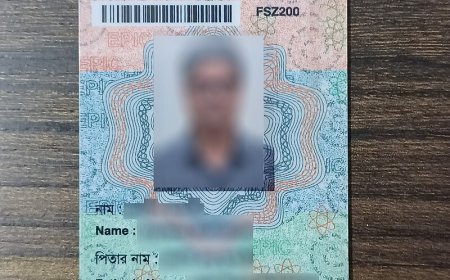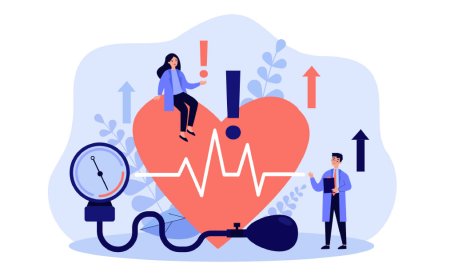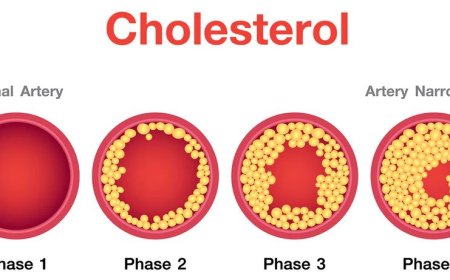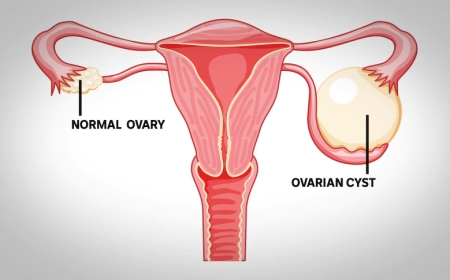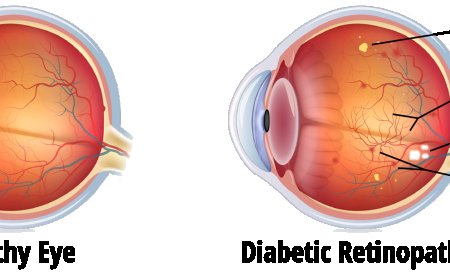Ebola
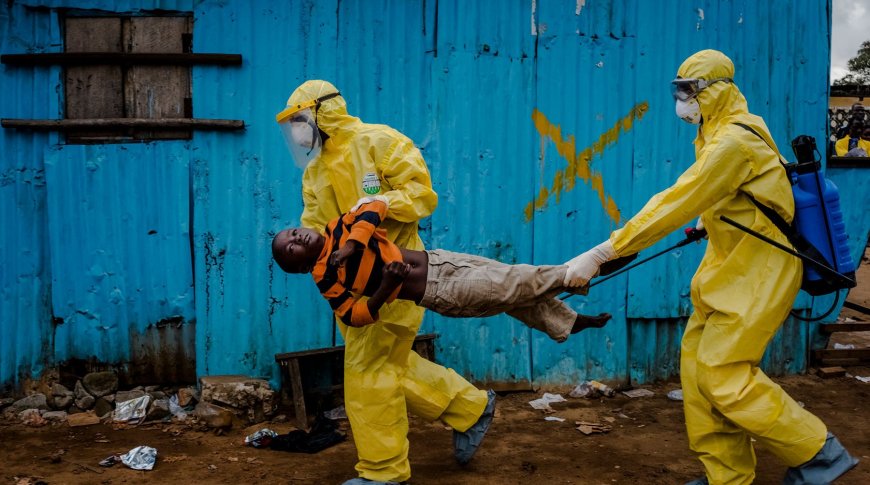
Introduction :
In this article, we'll explore Ebola, a rare but severe virus that has affected people worldwide, including India. We'll discuss what Ebola is, its classification, causes, risk factors, types, diagnostic tests, treatments, complications, and prevention techniques, all explained in simple language for our 10-year-old readers.
Sign and Symptoms:
Ebola can be like a sneaky intruder, causing a person to feel very sick. Some common signs and symptoms of Ebola include:
- Fever, like having a high temperature that makes the body feel warm.
- Severe headache, like having a really bad pain in the head.
- Muscle and joint pain, like feeling achy all over the body.
What is Ebola? :
Ebola is a dangerous virus that can make people very sick. It's like a tiny villain that attacks the body and makes it hard to fight back.
How Is Ebola Classified? :
Ebola is classified as a viral hemorrhagic fever because it can cause severe bleeding inside the body. It is caused by the Ebola virus, which can be very harmful.
Causes and Triggers:
Ebola can happen when a person comes into contact with the Ebola virus, usually through infected animals or other sick people. For example, if someone touches the body fluids of an infected person or an infected animal, they can catch Ebola.
Risk Factors with Examples:
Certain factors can increase the chances of getting Ebola. For example:
- Living in Areas with Ebola Outbreaks: In some parts of the world, including Africa, Ebola outbreaks have happened.
- Taking Care of Sick People: Healthcare workers who take care of Ebola patients are at higher risk.
Types of Ebola with Detailing for Each Type:
There is only one type of Ebola virus, but it can cause different forms of the disease. These forms can range from mild to severe, and the severe form can be life-threatening.
Diagnostic Tests and Their Use:
To diagnose Ebola, doctors need to do special tests to see if the virus is in the person's body. Some common tests include:
- PCR Test: This test looks for the Ebola virus's genetic material in blood or body fluids.
- Antigen Test: This test checks for specific proteins produced by the virus.
Treatments:
Treating Ebola involves providing supportive care to the person's body to help fight the virus. Some common treatments include:
- Hydration: Giving fluids through the vein to keep the person hydrated.
- Pain Relief: Providing medicines to reduce pain and fever.
Complications of Ebola:
Ebola can cause severe complications, such as bleeding inside the body and organ failure, which can be life-threatening.
Prevention Techniques:
Preventing Ebola is crucial, especially in areas where outbreaks have occurred. Some techniques include:
- Avoiding contact with sick people or animals that might be infected.
- Practicing good hygiene, like washing hands regularly with soap and water.
Remember, just like how we take care of ourselves when we have a cold or flu, staying safe from viruses like Ebola is important too! If anyone hears about Ebola cases in India or experiences any unusual symptoms, it's essential to tell a grown-up and seek medical help for proper evaluation and guidance. With curiosity and awareness, we can embrace every joyful moment in India's beautiful world, staying healthy and strong!
What's Your Reaction?






















